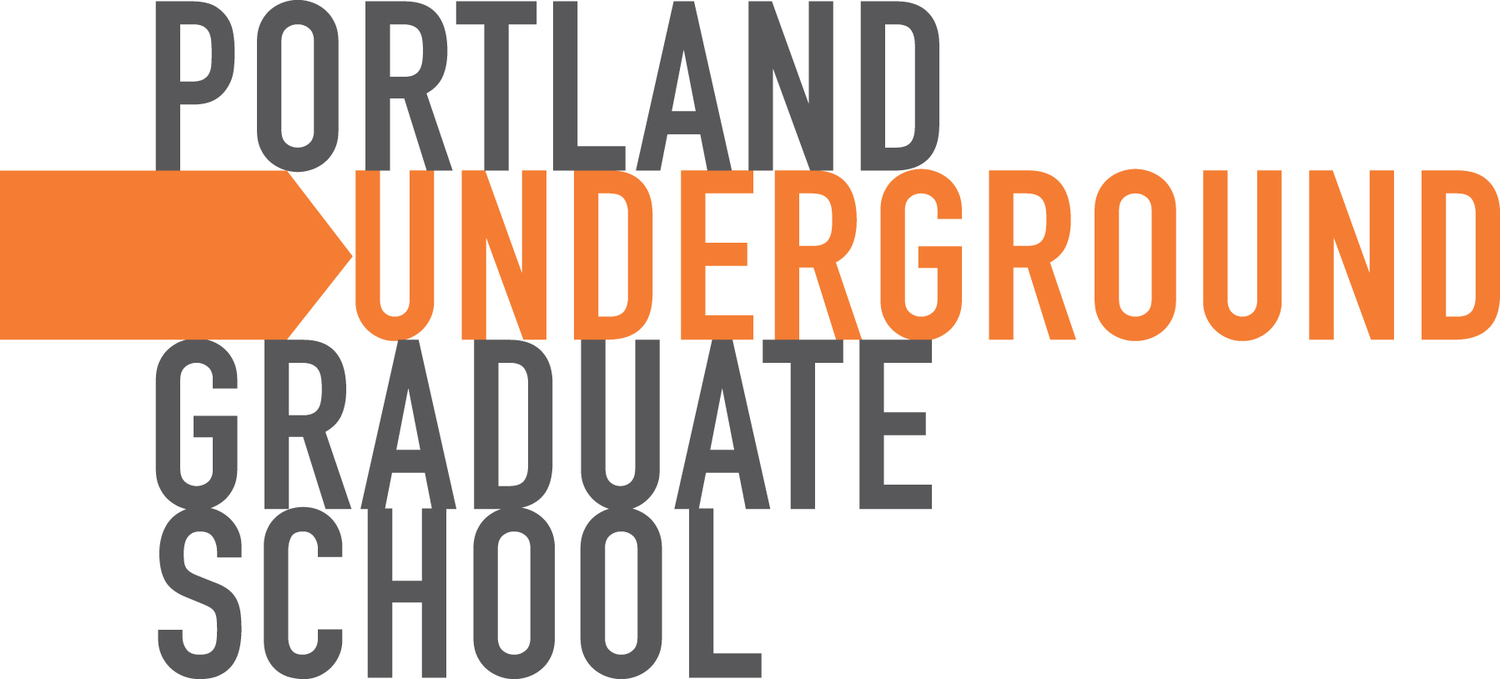Race, Big Data, + Privilege (January 2018)
Race, Big Data, + Privilege (January 2018)
An exploration of structural racism through data analysis
Structural racism is insidious in two particular ways. First, it is normalized and thus difficult to see, particularly for those who benefit from it. Second, although it is ubiquitous, and most of us believe racism is uniquely and singularly bad, we also see it as separate from us. This causes us to deny or downplay its significance. Big data reveals white supremacy and brings our structural inequities to light. By analyzing data sets from various sources—from online dating sites to scholarly research on the death penalty—we can see these issues in relief.
Date: Wednesdays, January 10, 17, 24, 31
Time: 6:30pm-8:30 pm
Location: SE Uplift || 3534 SE Main St
$197 (individual rate), $297 (organizational rate). Space limited to 20 students.
“White supremacy’s greatest trick is that it has convinced people that, if it exists at all, it exists always in other people, never in us.” - Junot Diaz
In this course, we’ll explore what large aggregate data tells us about criminal justice, opportunities for jobs and housing, and even hierarchies of love. We’ll explore what these mean in terms of society's structure as a whole and what they mean for us personally.
Significant parts of this four-week course will involve class dialogue and self-examination of personal privilege. It’s meant as a safe space for people ready for uncomfortable conversations about how they benefit from, contribute to, and take steps away from structural racism.
Week 1: Criminal Law. If a statistical study proved that the likelihood of the death penalty depended to the race of the victim and the defendant, is the death penalty unconstitutional? A research paper discovered that the imposition of the death penalty largely depended on race, with black defendants who kill white victims are the most likely to receive death sentences. In 1987, the U.S. Supreme Court had to decide in McCleskey v. Kemp whether that violated the 8th Amendment prohibition of cruel and unusual punishment and the 14th Amendment guarantee of equal protection under the law. The justices decided no and legal critics have since been described the case as the 20th century version of Plessy v. Ferguson (the 1896 case which upheld segregation through the doctrine “separate but equal”). How does discriminatory criminal justice benefit those of us who will never interact with the criminal justice system?
Week 2: Sexual Status. Do people of all races prefer dating white people? The online dating site OK Cupid explored this question with their data in 2009 and 2014. We’ll explore the big data of online dating and discuss Junot Diaz’s “Decolonizing Love.” We also start contemplating our own research projects, either published studies by others or small studies we want to do on our own.
Week 3: Housing and Job Discrimination. Housing discrimination has been a prevalent issue across history in the United States. We’ll explore the problem of Airbnb: If individual hosts and guests (you and me) prefer to host and stay with white people, is Airbnb itself responsible for discrimination? What are the costs to people of color? As for employment, a white man with a conviction is more likely to get a job interview than a black man without a conviction. What does that mean for the labor market? How has that affected your career opportunities?
Week 4: Class Presentations. The last session will be devoted to student research of big data and privilege. What did we find? How do we personally benefit, and what is the cost to others? Where do we go from here?
Douglas Tsoi, JD, is the founder of Portland Underground Grad School (PUGS). Previous careers include teaching high school history and ethics and intellectual property law. A nationally renowned education expert called Douglas "the best teacher I've ever seen teach." At PUGS, he teaches Financial Freedom, Criminal Law: How to Think Like a Lawyer, Behavioral Economics, How to Teach, Reading Ta-Nahisi Coates, and Racial Discrimination, Big Data, and Privilege.



